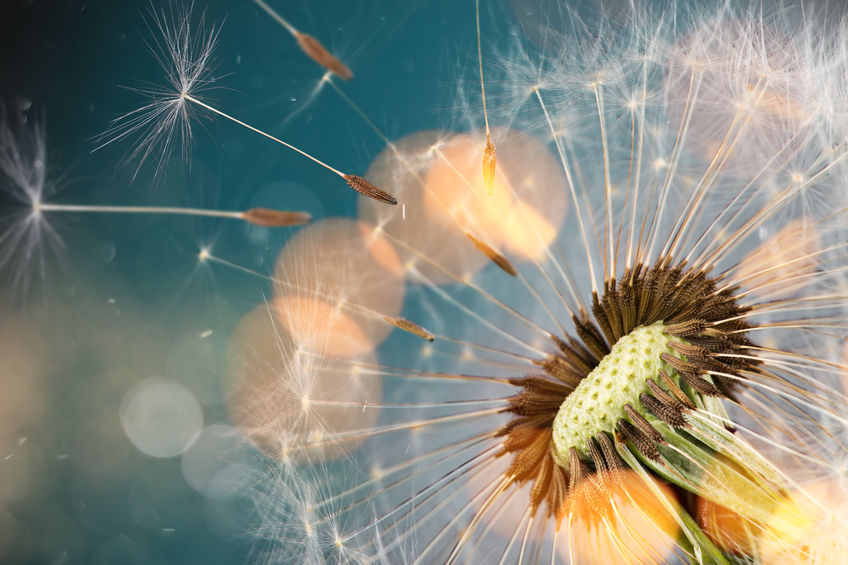This blog originally was published by the Collective Impact Forum.
In our increasingly complex world, we often look to guides to help us interpret and synthesize our experiences. These guides can be mentors and friends, or cultural and spiritual leaders. Oftentimes, guides show up in the guise of a particularly sentient podcast host who rises to the generative possibility of our times.
Krista Tippett, the host of the On Being podcast and author of Becoming Wise, is one of my go-to guides. Each week she invites us to explore what she calls the “mystery and the art of living” through thoughtful interviews with artists, activists, theologians and practitioners like Isabel Wilkerson, author of “Caste”; US poet laureate Ada Limon; and Indigenous botanist Robin Wall Kimmerer.
So, imagine my delight to join over a thousand community builders, activists, artists, and funders as we convened online in late April during the annual Collective Impact Forum Action Summit to listen to a fireside chat with Tippett and Cindy Santos, Senior Associate for Strategic Partnerships at the Aspen Institute. They explored what it means to navigate our complex world in ways that deepen our humanity towards one another, as well as to nourish our own capacity and need for joy and belonging. Here are a few insights they shared.
Complexity is the reality.
Santos opened their conversation by asking Tippett to expand on a statement on the On Being website. “Enough of us – across all of our differences – see that we have a world to remake. We want to orient towards that possibility.”
Tippett responded that complexity is the reality of our world, despite efforts to oversimplify and to compartmentalize our experiences and identities. “Across our differences, what I’m interested in is our wholeness and kinship to one another,” she says.
It’s an insistence, she says, that we all belong. “Belonging is a reality that we have to live into, it’s not something we have to make true,” says Tippett. “Yet that’s hard to wrap our minds around because it’s not the way we structure our world. Yet.”
As collective impact practitioners, we lean into the task of remaking our world into one in which we all belong. We do this through the purposeful ways we engage with one another, our work to center race and lived experience, and through our efforts to show up with authenticity and curiosity for what’s made possible when we gather.
Cultivating critical yeast for transformation.
We hear a lot about “scaling” our work for greater impact, and are told that societal change happens when a critical mass of people turn out in protest. And yet, if the conditions within which conflict or disparity thrive are not transformed, the troubles will reemerge, perhaps reinvented, but as pernicious as ever.
What leads to sustained transformation over time is what John Paul Lederach calls “critical yeast.” Tippett explains that critical yeast starts when small groups of people gather in unlikely combinations in a new quality of relationship. It is an understanding that change at a human scale is what makes change at a societal level possible. Tippett calls this “change at the speed of relationship.” It’s not how all change happens, but it is often the way it does.
In our work as community weavers, some of our greatest impacts are made possible when we gather and work alongside people who are different from us. We do the deep work of developing empathy for one another’s experiences, we harness our differences, and with a little of what John Kania of Collective Change Lab calls serendipity, we build a better world. We foster critical yeast.
Joy is our birthright.
In these times of entrenched inequity and daily calamity, many of us have wondered aloud, “How could one possibly be joyful in a moment like this?” And yet, Tippet posits, joy is not a privilege. Joy is a human birthright, a life-giving, resiliency-making birthright.
She mentions several recent thinkers and creators who give voice to the necessity of cultivating joy, from J. Drew Lanham’s poem, Joy is the Justice We Give Ourselves to adrienne maree brown’s Pleasure Activism and Ross Gay’s The Book of Delights. These are people who are creating the space and language for us to invite in more joy, rest, and play. (A favorite of mine is Rest is Resistance by Tricia Hersey, aka The Nap Bishop, who encourages us to see rest as a foundation for healing and justice.)
“Joy is fuel,” says Tippett, as she reflected on activists from previous generations who often dismissed joy as reducing the gravity of the challenges we’re confronting. “Joy is a gift, and it’s something that we can practice.”
When we pause in our daily life to come together in a good way, as folks did during the Collective Impact Forum Action Summit, we are reminded that this work is relational.
“Being in right relationship with each other is what leads to transformation,” Santos reflected.
As collective impact practitioners, we look to one another to cocreate the world we seek to inhabit. We lean into one another to safekeep our hopes and to fuel our joy. The more we can inhabit public and private spaces with our full humanity, the more we are able to transform the way we do our work, as well as the outcomes we seek. And in this way, together we remake our world.

So good! Thank you.